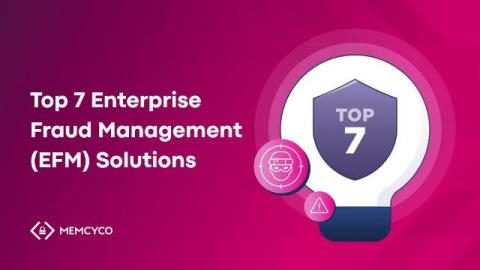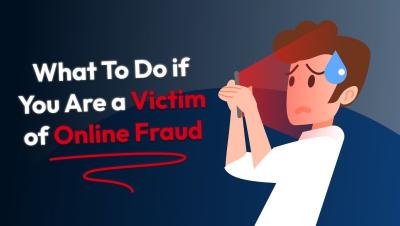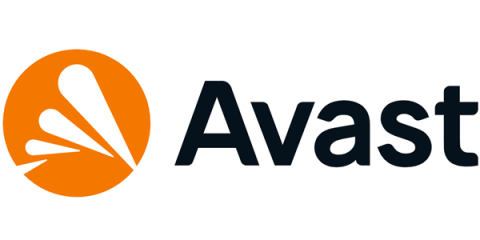Security | Threat Detection | Cyberattacks | DevSecOps | Compliance
Fraud
Top 7 Enterprise Fraud Management (EFM) Solutions
Today, fraud schemes don’t follow predictable patterns. Enterprises are up against AI-generated deepfake attacks, multi-stage social engineering, and impersonation scams that exploit gaps in traditional fraud prevention strategies. And they know it. According to PwC, 59% of enterprises completed a fraud risk assessment in the 12 months prior to June 2024, showing they take fraud protection seriously. But beyond knowing your risks, there’s a need for better ways to tackle and mitigate them.
Deepfake Reality: My Experience as a Target
Cybersecurity has been my world for years. I’ve worked hard to build my reputation, moving from the hacker underground to a trusted boardroom expert. I take my role seriously because trust and credibility define success in this field. But I recently discovered that even with all my experience, I wasn’t immune to one of today’s fastest-growing threats—deepfake technology.
The Role of Artificial Intelligent Chatbots in Cybersecurity and Fraud Prevention
Discover how AI chatbots enhance cybersecurity and fraud prevention by detecting threats, preventing online fraud, automating responses, and strengthening security measures.
Phishing for Love: A Sharp Surge in Valentine's Day-Themed Scams
This Valentine’s Day, Cupid wasn’t the only one taking aim. Our Threat Research team noted a 34.8% increase on Valentine-related threat traffic in comparison to February of 2024. Leveraging impersonation and social engineering techniques, attackers have used a seasonal event to exploit heightened emotions and a sense of urgency, effectively increasing the likelihood of success in their phishing campaigns.
How to spot job scams that leverage social engineering
From fake job postings to fake candidates, it’s clear the job market has changed in the past few years. Finding a job ad that sparks your interest is now only half the battle — the other half is making sure it’s not a scam. I see three or four LinkedIn posts about job searches and applications gone wrong every day. I’ve read tales of recruiter impersonations, postings for roles that don’t exist, and ads that demand money in order to apply.
What To Do if You Are a Victim of Online Fraud
Falling victim to fraud can be overwhelming, but knowing what to do next is important. In this video, we break down six steps to take after discovering fraud.
How scammers are exploiting your favorite platforms
Scammers are turning your favorite social media platforms into digital hunting grounds — learn how to spot and avoid their latest tactics.
Fake e-Shop scams - How cybercriminals are cashing it in
The holiday season may be over, but cybercriminals aren’t done shopping for victims. Check out how you can stay protected from these scams that put your payment details and personal data at risk.










